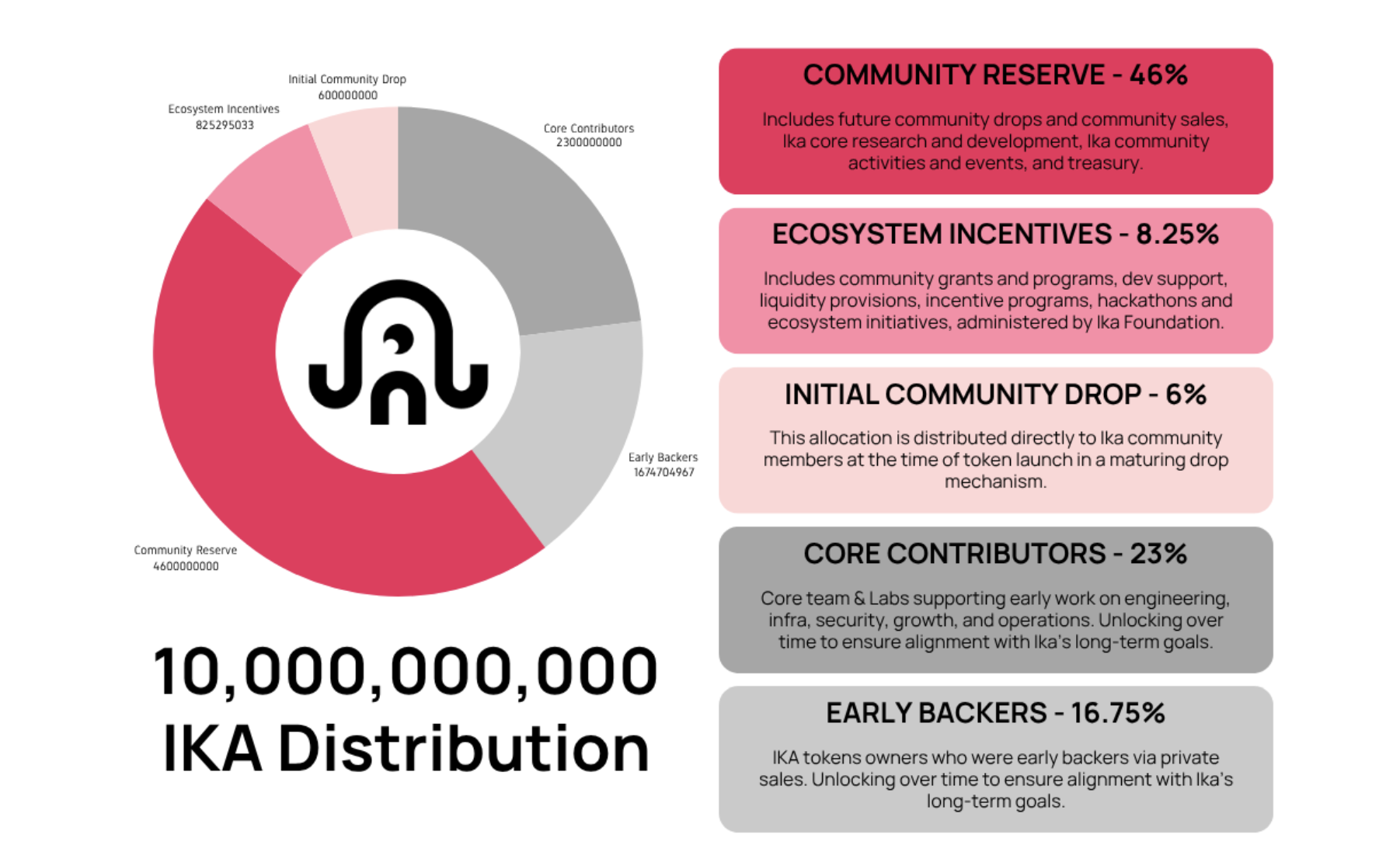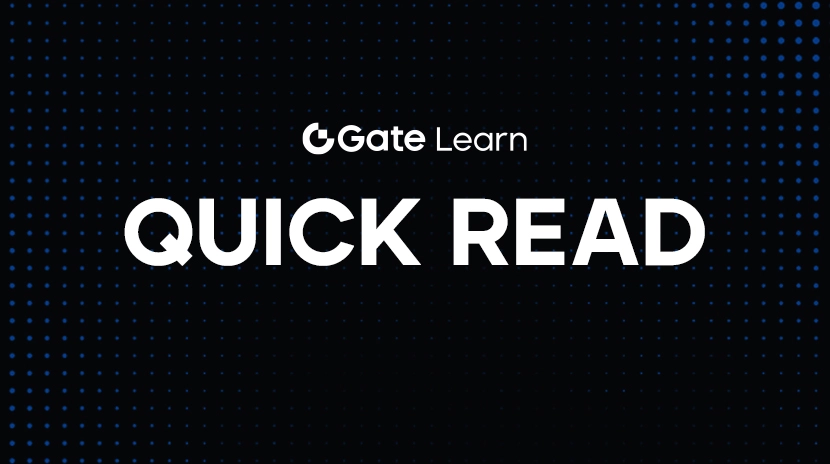What is Ika (IKA)?
What is Ika?

(Source: ika/blog)
Ika is a decentralized system built on the Sui blockchain, designed to deliver ultra-fast, parallel MPC architecture. Leveraging an innovative zero-trust encryption framework and a proprietary 2PC-MPC protocol (Two-Party Computation within MPC), Ika achieves low-latency, highly secure transaction processing and provides native cross-chain functionality—entirely eliminating reliance on trusted intermediaries.
This architecture utilizes the DAG (Directed Acyclic Graph)-based Mysticeti consensus mechanism to maximize performance, enabling fast and accurate cross-chain operations across multiple blockchains.
What Web3 Problems Does Ika Solve?
Eliminating single points of failure from centralization
Most cross-chain systems today still depend on specific intermediaries—such as federated organizations or bridge validators—that serve as potential attack vectors. Ika’s threshold signature brings many nodes into the validation and signing process, substantially lowering the risk of compromise or manipulation.Overcoming real-time application performance bottlenecks
Legacy cross-chain protocols often struggle with high-frequency transactions or applications demanding near-instant response, leading to congestion or skyrocketing fees. Ika’s high throughput means it can complete tens of thousands of signatures per second, while its millisecond latency architecture enables DeFi, GameFi, and other sectors to operate at true production scale.Eliminating asset-wrapping and bridging risks
Traditional cross-chain bridges typically require wrapping native assets (for example, WETH), exposing users to replay attacks and double-spending risks. With Ika’s dWallet technology, users can control native assets directly, enabling cross-chain operations that are simpler, safer, and fully programmable.
Ika Core Features & Technical Highlights
Zero-Trust 2PC-MPC Protocol
Ika introduces a 2PC-MPC protocol requiring every signature to be jointly completed by the user and distributed nodes, removing any single point of control and achieving maximum trustlessness.dWallet Programmable Wallet
dWallet is a multi-chain smart wallet supporting major blockchains such as Bitcoin, Ethereum, and Solana. It can execute actions automatically based on on-chain conditions and supports features like transferability, conditional payments, and sophisticated multisig logic.Millisecond Latency & High Throughput
Powered by the DAG-based Mysticeti consensus protocol, Ika processes high-frequency requests from thousands of nodes with millisecond latency, delivers Web3 performance comparable to Web2.Native Cross-Chain Control
Using dWallet and threshold signature, Ika natively manages assets across multiple blockchains without requiring bridges or asset wrapping—significantly reducing operational and smart contract risks.Dynamic Node Management & Fault Tolerance
Ika supports dynamic node participation and Byzantine fault tolerance, ensuring network stability even when some nodes fail or face connectivity issues.
IKA Tokenomics
IKA is the native token of Ika Network, with three core utilities:
Fee Payment for Operations
Users must pay IKA to perform actions in the Ika Network—including creating a dWallet, initiating signature requests, or adjusting key weights. Fees vary depending on cryptographic algorithm (such as ECDSA, EdDSA, or Schnorr) and the resources consumed.Staking & Network Security
Ika uses a permissionless Delegated Proof of Stake (DPoS) model: token holders can stake IKA to support nodes in MPC and consensus validation, maintaining network security and integrity.Protocol Governance
IKA holders participate in voting on network upgrades and proposals, influencing key parameters, incentive models, and protocol design—enabling genuine community-driven governance.
Ika adopts a flexible, market-driven fee structure that dynamically adjusts resource rates based on algorithmic complexity and demand. This ensures fair compensation for nodes and maintains predictable, equitable costs for users, supporting long-term sustainable ecosystem growth.
Token Distribution
Ika’s total supply is 10 billion tokens, with the following transparent allocation model:
Community Distribution (over 60%)
The mainnet launch airdrop: 6% (600 million)
Ecosystem rewards & incentive pool: 8.25% (825 million)
Community treasury: 46% (4.6 billion), supporting long-term ecosystem growth and governanceEarly Contributors: 23%
Core technical and strategic partners who enabled the protocol’s initial development and research receive these awards.Early Backers: 16.75%
Includes seed and private investors who provided capital and resources during Ika’s formative stages.

(Source: ika/blog)
This design allocates most IKA resources and governance power to the community, supporting decentralization and network advancement.
The IKA/USD1 spot trading pair will launch at 18:00 (UTC+8) on July 29, 2025. To learn more about Web3 and register, click here.
Conclusion
Ika is a protocol designed to advance blockchain interoperability. With its zero-trust 2PC-MPC architecture, dWallet native asset control, millisecond-level performance, and community-driven governance, Ika is enabling a decentralized, secure, and resilient multi-chain future.





